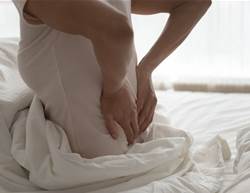There are countless myths about what happens to a woman’s vagina after they’ve been sexually active and then stop having sex.
From “You’ll grow a new hymen and become a virgin again” to “You’ll need a vacuum to remove all the cobwebs in your nether regions,” there's a lot of confusion about what exactly happens when you stop having sex.
Those are some daunting cautionary tales, especially when you consider that anyone who’s sexually active will inevitably go through the occasional dry spell. Whether you’ve recently broken up with a partner or your libido has taken a nose dive, the frequency with which you have sex is likely to ebb and flow throughout your life. And when it ebbs, it’s helpful to know what to expect, so we spoke with two gynaecologists to get the facts.

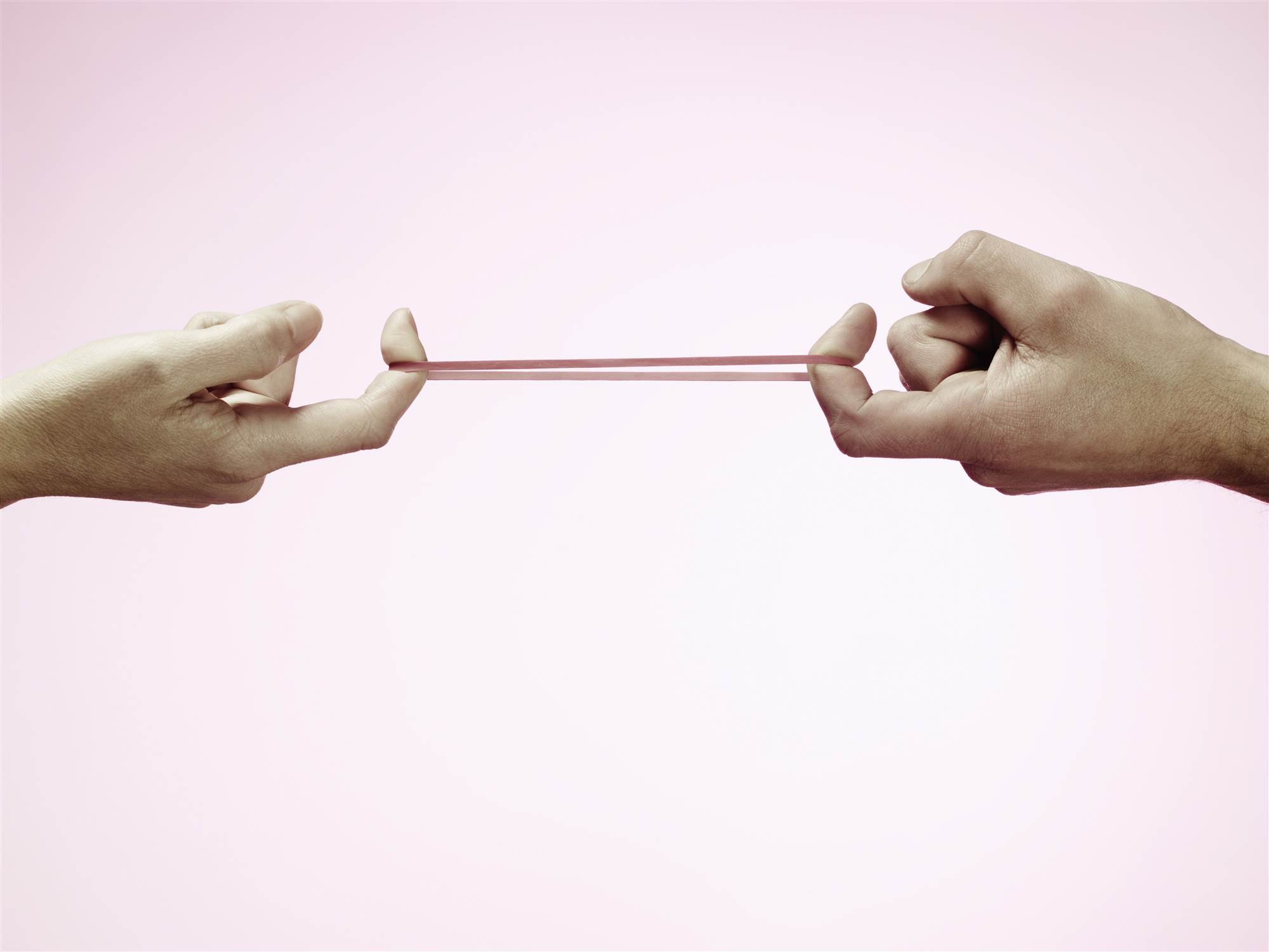

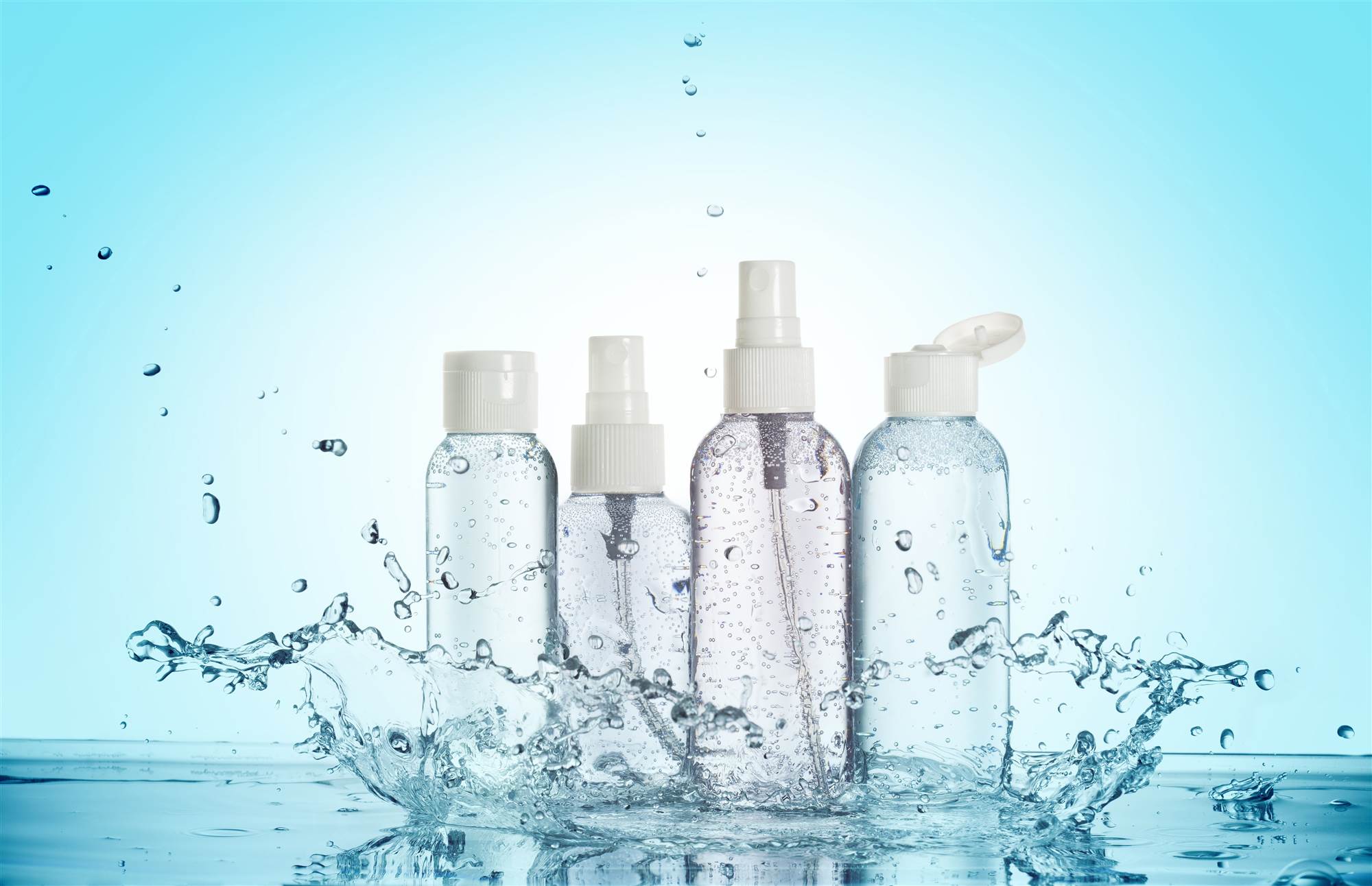
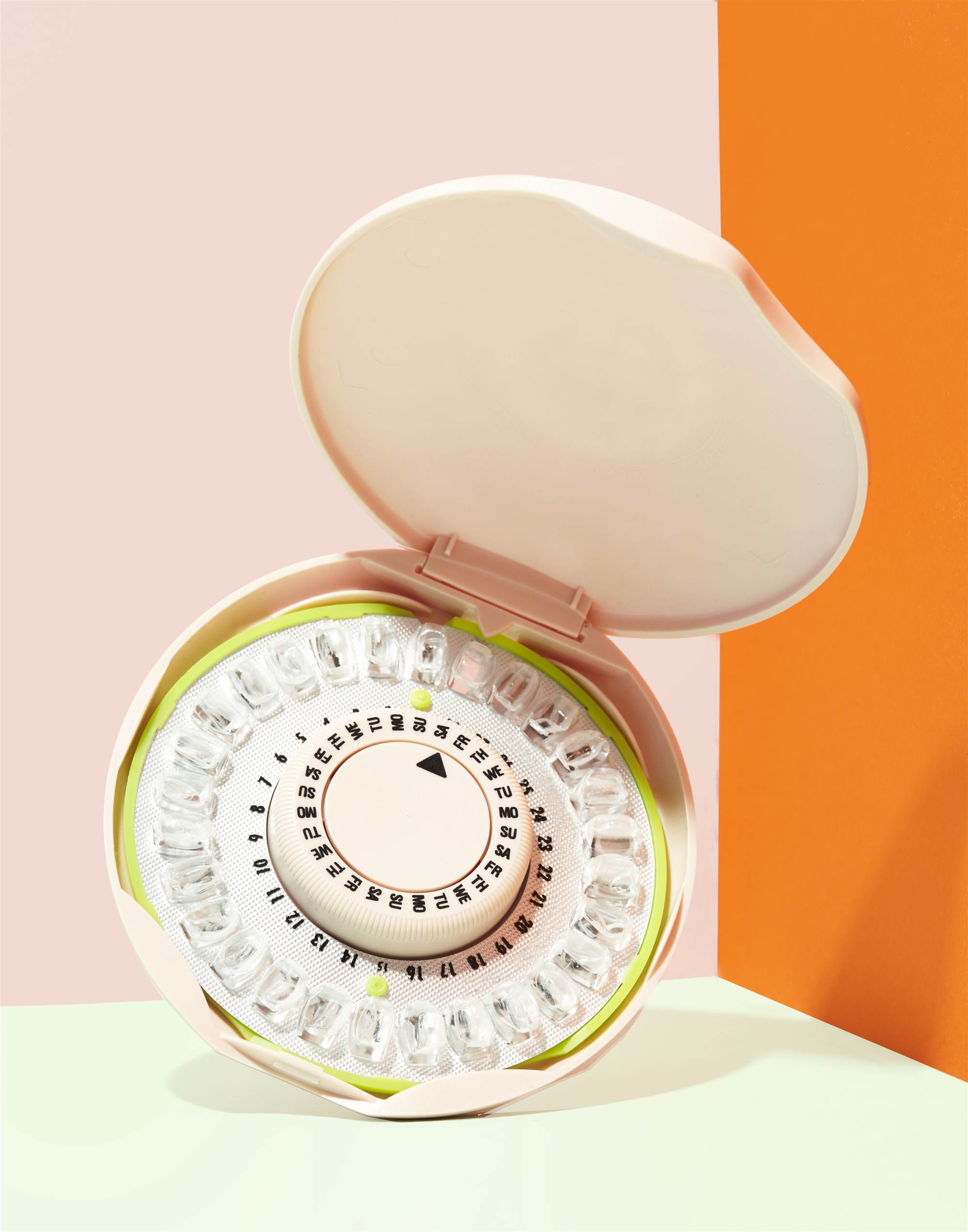

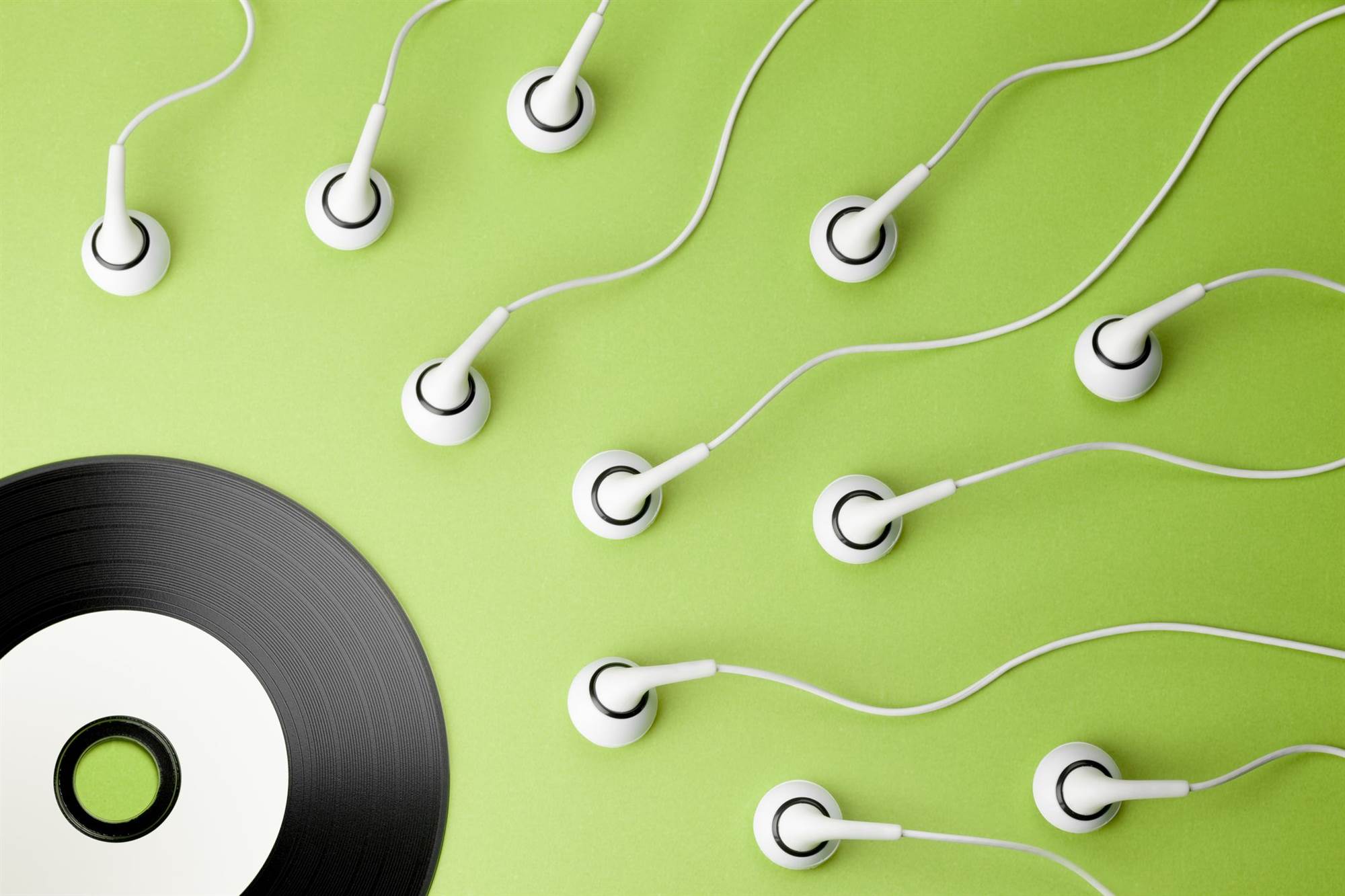

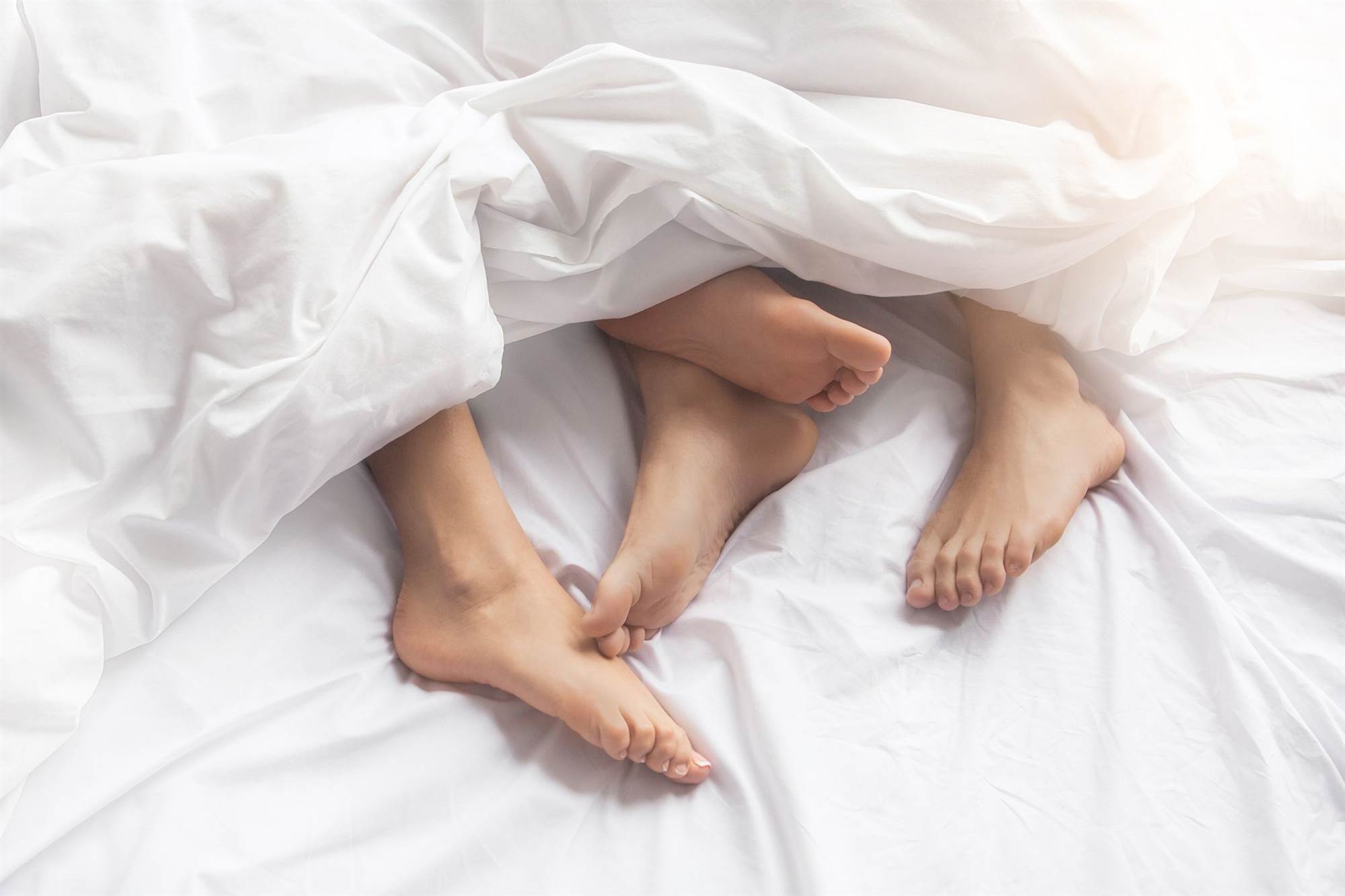

LoulouVonGlup ©Getty Images
If you're premenopausal, you may lose elasticity temporarily
“The vagina is an elastic tube,” says gynaecologist Dr Salena Zanotti. If it hasn’t been used in some time, then it may get a little tighter. But she says, “It will go back to its original elasticity in a woman who is of premenopausal age.”
That’s thanks to the hormone oestrogen, which helps maintain elasticity and lubrication in the vagina. Because premenopausal women still produce plenty of oestrogen, they shouldn’t have to worry about permanently losing elasticity even after a long period of abstinence.
LoulouVonGlup ©Getty Images
If you're postmenopausal, you may lose more vaginal elasticity
Unlike their premenopausal counterparts, Dr Zanotti says postmenopausal women have a higher chance of experiencing a more permanent loss of vaginal elasticity after a prolonged period without sex. That’s because their bodies produce less oestrogen, which can lead to a loss of elasticity and lubrication in the vagina.
“It’s really hard to get [the vagina] to stretch out again after menopause,” Dr Zanotti says. In the case of postmenopausal women who are looking to maintain a certain level of vaginal elasticity, the phrase “use it or lose it” may apply. The good news is that there are plenty of personal lubricants you can use, in addition to gentle stimulation, that can help combat vaginal dryness.
LoulouVonGlup ©Getty Images
You definitely won't grow a new hymen
“That is a complete fallacy,” says Dr Zanotti. “The hymen is a vaginal remnant that’s there from development. It’s something that’s broken through when a woman [first] has intercourse or maybe uses a tampon. That tissue does not regrow. It cannot close up.”
Women who are late into menopause may experience a slight shrinking of the vaginal opening, Dr Zanotti says. “But there’s no regrowth of a hymen at any point in anyone’s life.”
LoulouVonGlup ©Getty Images
You're not going to "dry up"
Just as many people mistakenly believe that women regrow their hymens after long periods of abstinence, there are also some claims floating around that abstinent women's vaginas “dry up.”
But gynaecologist Dr Adeeti Gupta says this is another myth. “Please do not think that 'everything is going to dry up down there’ because of no activity,” she says. Instead, you should still expect to achieve your usual levels of arousal and lubrication whenever you’re so inclined.
One possible exception to this rule? As noted earlier, postmenopausal women are more likely to experience vaginal dryness. That’s thanks to reduced oestrogen levels, not abstinence.
LoulouVonGlup ©Getty Images
If you use oral contraceptives, you may experience dryness
While you won’t "dry up" strictly because of abstaining from sex, oral contraceptives may provoke a slight drying effect. No matter whether you’re having sex regularly or have stopped getting it on, Dr Zanotti says that one of the side effects of birth control pills is a change in vaginal fluids, which means you can experience more lubrication or less of it. “Younger women will sometimes complain of vaginal dryness when they’re on certain hormonal contraceptives, and there can be a little suppression of their own vaginal lubrication,” she says.
LoulouVonGlup ©Getty Images
If you go off birth control, you may experience changes in lubrication or libido
If you decide to stop using hormonal birth control on account of being sexually inactive, then this may lead to some changes. “When you go off whatever hormones you were on and you’re still of reproductive age, your ovaries are gonna kick in,” Dr Zanotti says. In addition to changing up your menstruation, this might also mean that you experience more natural lubrication and/or heightened libido.
LoulouVonGlup ©Getty Images
Your sex drive won't change
Dr Gupta says that abstaining from sex after having been sexually active is unlikely to have any impact on your libido. You’ll still feel sexual desire and become aroused just as you did when you had a sexual partner(s).
However, Dr Gupta does point out that your expectations around sex might change in ways that can make sex more or less enjoyable when you become sexually active again. “Sometimes, having sex after a long period of abstinence may feel a little different in terms of, either quite exciting or a little uncomfortable from the stretching,” she says.
LoulouVonGlup ©Getty Images
The first time you have sex again could feel a little uncomfortable
Speaking of discomfort: Because most women experience a slight tightening of the vagina after a prolonged period of abstinence, Dr Zanotti says that “The first few times you have intercourse after an absence, it’s going to be… a little bit uncomfortable.”
But for premenopausal women, this should be a temporary sensation. "Again, the elasticity comes back," Dr Zanotti says. Postmenopausal women, on the other hand, may find that it takes a little more effort (in the form of lubrication and stimulation) to achieve comfortable sex.
LoulouVonGlup ©Getty Images
Once you have a new sexual partner, your libido may increase
Even though your sex drive is unlikely to change while you’re abstaining from sex, you may notice an uptick in your libido if you become sexually active again.
“Having a new partner is exciting enough that it stimulates your libido,” Dr Zanotti says. “A lot of couples who have been together for a long time can get into a rut… When you have been abstinent for a little while and you have the excitement of a new partner, that can [increase libido again].”
LoulouVonGlup ©Getty Images
The things that arouse you (and the time it takes to get aroused) will vary
Just as initiating a new sexual relationship might heighten your libido, Dr Gupta says it may also increase arousal and “make the experience more sensual.”
Whether you’re sexually active or sexually abstinent, Dr Zanotti says that arousal is always highly variable. “Everyone has a different amount of time to… reach that climax,” she says. “It’s so individualised, not within just the woman but also with that person they’re gonna be with.”
For this reason, Dr Zanotti says it’s important for women to allow their arousal to manifest however it does during each sexual encounter. “I think [women should] feel comfortable with it and not feel guilty about it,” she says. Try these sex positions to help you orgasm and learn how masturbation can benefit your sex life.






.png&h=193&w=250&c=1&s=1)
.png&h=193&w=250&c=1&s=1)
